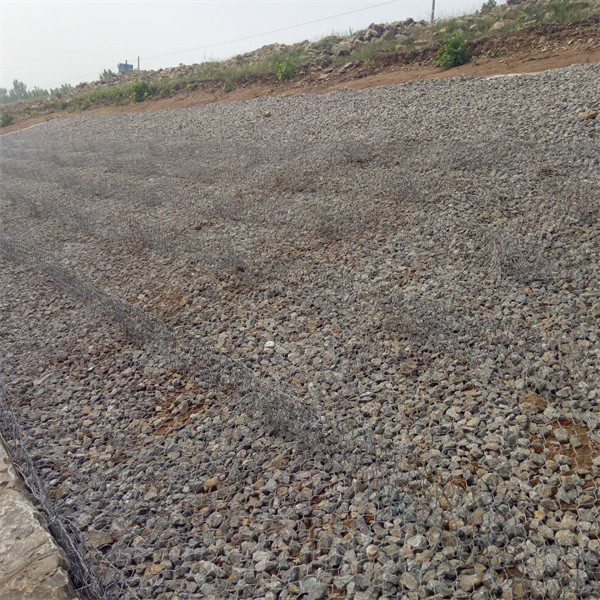Oct . 12, 2024 14:08 Back to list
Stepped Gabion Wall Suppliers for Durable and Innovative Landscape Solutions
Understanding Stepped Gabion Walls A Guide to Manufacturers
Gabion walls have become increasingly popular in civil engineering, landscaping, and environmental applications due to their structural integrity, aesthetic appeal, and versatility. Among various designs, stepped gabion walls stand out as an effective solution for managing slopes and erosion control. This article explores the features of stepped gabion walls and the role of manufacturers in their production and implementation.
What are Stepped Gabion Walls?
Stepped gabion walls are retaining structures constructed from wire mesh containers filled with stones or other materials. The stepped design refers to the staggered configuration of these walls, which allows them to conform to the natural contours of the land. This design not only enhances the wall's stability but also facilitates water drainage, helping to mitigate hydrostatic pressure that can damage traditional retaining walls.
The use of gabions for constructing stepped walls provides several advantages
1. Erosion Control Stepped gabion walls effectively control soil erosion by providing a strong structure that can withstand the forces of water runoff. The voids in the mesh allow vegetation to grow, further stabilizing the soil.
2. Aesthetic Appeal Stepped gabions can be filled with various materials, including local stone, recycled concrete, or decorative rocks. This versatility allows for creativity in design, making these walls an attractive option for landscaping projects.
3. Cost-Effectiveness Compared to traditional retaining walls, stepped gabion walls are often more affordable. The materials used—often locally sourced stones—are less expensive than concrete or bricks, and their installation requires less specialized labor.
Choosing the Right Manufacturer
stepped gabion wall manufacturers

When looking to implement a stepped gabion wall, choosing the right manufacturer is vital for ensuring quality and durability. Here are key factors to consider when selecting a gabion wall manufacturer
1. Reputation Research potential manufacturers to assess their reputation in the industry. Look for reviews, testimonials, or case studies that highlight their experience with gabion walls.
2. Quality Materials Ensure the manufacturer uses high-quality materials. The wire mesh should be galvanized or coated to prevent rust, while the stones used in the gabions should be durable and well-sized for the intended application.
3. Customization Options A good manufacturer should offer customizable solutions to meet specific project needs. This includes options for different sizes of gabions and the types of fill materials used.
4. Technical Support A reliable manufacturer should provide technical support during the planning and installation process. This includes guidance on design, engineering specifications, and installation techniques.
5. Sustainability Practices Consider manufacturers who prioritize sustainable practices, such as sourcing materials locally and minimizing waste during production. Sustainability is increasingly important in construction, and working with eco-conscious manufacturers reflects positively on your project.
Conclusion
Stepped gabion walls are an effective and attractive choice for erosion control and landscaping projects. Their unique design enhances stability while providing aesthetic flexibility. Selecting a reputable manufacturer is crucial to ensuring the quality of the walls and achieving long-lasting results. By considering factors such as reputation, material quality, customization options, technical support, and sustainability practices, you can effectively navigate the market and choose the right partner for your stepped gabion wall project. Whether for residential or commercial needs, a well-constructed gabion wall can provide both functional and visual benefits for years to come.
-
The Role of Galvanized Gabion Mesh in Riverbank Protection
NewsJun.26,2025
-
The Role of Gabion Basket Raised Bed in Sustainable Gardening
NewsJun.26,2025
-
Quality Assurance of Wire Mesh Gabion Baskets
NewsJun.26,2025
-
Installation Guide for Welded Gabion Box
NewsJun.26,2025
-
How to Choose the Right Gabion Box
NewsJun.26,2025
-
Different Types of Gabion Wire Mesh
NewsJun.26,2025
-
Why PVC Coated Gabion Mattress Is the Best Solution for Long-Term Erosion Control
NewsMay.23,2025






